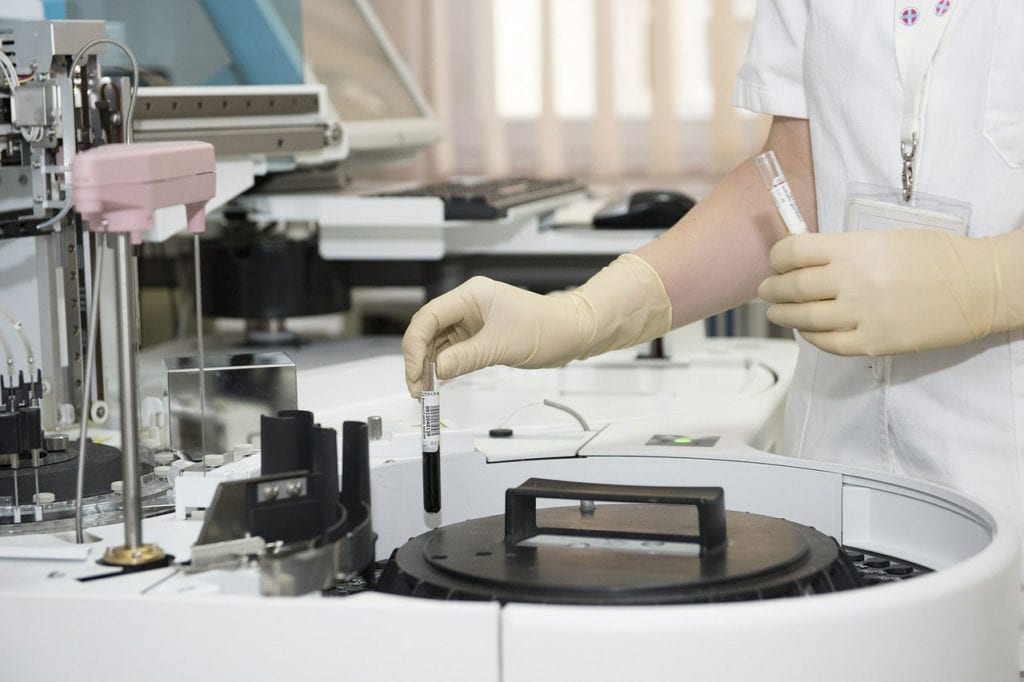According to a story from BioPortfolio, the drug companies bluebird bio, Inc. and the Bristol-Myers Squibb Company have recently announced positive final results for their phase 2 clinical trial. This study was testing the drug idecabtagene vicleucel (often just called ide-cel) as a treatment for patients with the rare blood cancer multiple myeloma. The patients included in the study were dealing with refractory and/or relapsed disease.
About Multiple Myeloma
Multiple myeloma, which is occasionally referred to as plasma cell myeloma, is a blood cancer that affects plasma cells. These are white blood cells that produce antibodies. The overall cause of multiple myeloma is not well understood, however, some risk factors have been identified. These include obesity, family history, smoldering myeloma, and monoclonal gammopathy of undetermined significance. These last two conditions have the potential to develop into multiple myeloma. Symptoms of this cancer include bone pain, infections, anemia, kidney failure, overly thick blood, confusion, fatigue, headaches, and amyloidosis. Treatment includes chemo, stem cell transplant, and other medications for relapsed disease, which is common. Five year survival rate is 49 percent in the US. To learn more about multiple myeloma, click here.
About Ide-Cel
Ide-cel is an experimental BCMA-targeted CAR-T cell therapy. these types of therapies work via a process in which immune system T-cells are extracted from a patient. These cells are then modified to target cancer cells and proliferated in the laboratory setting. These special cells are then re-introduced to the patient’s body. In the case of ide-cel, the treatment targets BCMA, or the B-cell maturation antigen, which is found on the surface of both cancerous and unaffected plasma cells.
Trial Findings
The trial included a total of 140 patients that had experienced at least three previous methods of treatment and were no longer experiencing benefit. At the highest dose level the overall response rate (the primary endpoint) was 81.5 percent with a complete response rate of 35.2 percent. Median duration of response and progression free survival was 11.3 months.
Adverse effects to treatment were common including cytokine release syndrome. This is a common and potentially dangerous adverse effect of CAR-T cell therapies; however, only 5.5 percent of the events were considered high grade. Ultimately, the results from this trial are encouraging and support the continued development of ide-cel as a treatment for relapse/refractory multiple myeloma.







